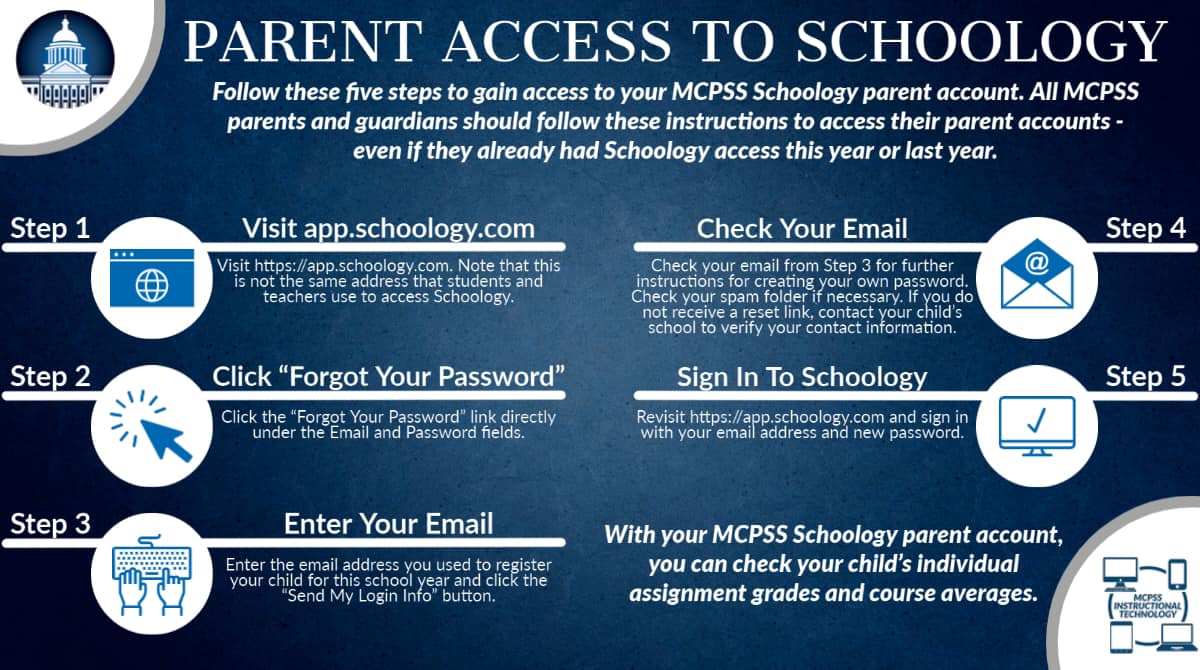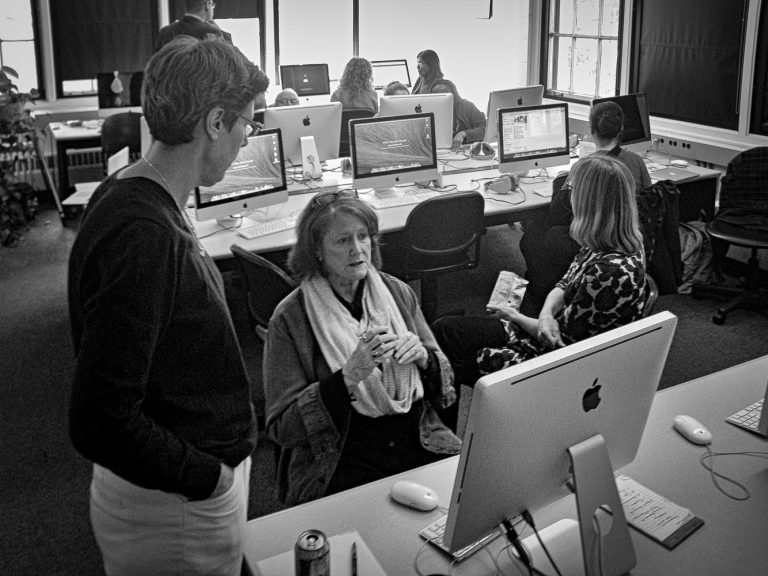Revolutionizing mental health care: The rise of telehealth psychiatry

In a world where the only shrink you can afford charges an arm and a leg (and maybe even a kidney), telehealth psychiatry has emerged as the hero we never knew we needed. Say goodbye to awkward waiting room small talk and hello to therapy sessions in your pajamas. It’s time to revolutionize mental health care – one video call at a time.
Overview of Telehealth Psychiatry
Telehealth psychiatry has revolutionized the way we receive mental health care by bringing therapy sessions directly to our screens. No more awkward waiting room small talk or having to actually put on pants to leave the house for appointments. With just a click of a button, you can connect with a licensed psychiatrist from the comfort of your own couch in your comfiest pajamas.
One of the key benefits of telehealth psychiatry is the convenience it offers. Whether you’re a busy parent juggling work and family responsibilities or a professional with a hectic schedule, virtual appointments allow you to fit therapy sessions into your day without having to rearrange your entire life. Forget about rushing through traffic or waiting for the bus – your therapist is just a video call away.
Telehealth psychiatry also provides access to mental health care for those who may not have easy access to traditional in-person therapy. Whether you live in a rural area without many mental health professionals nearby or you simply prefer the comfort of your own home environment, virtual sessions offer a way to receive quality care without leaving your comfort zone.
So next time you’re feeling overwhelmed or struggling with your mental health, remember that help is just a screen away. Embrace the convenience, comfort, and accessibility of telehealth psychiatry and take the first step towards a healthier mind and happier you.
Benefits of Telehealth Psychiatry for Patients
Who needs to drive to a stuffy office and talk to a psychiatrist face-to-face when you can do it all from the comfort of your own couch? That’s right, telehealth psychiatry is here to save the day! Check out some of the amazing benefits:
- No need to put on real pants for the appointment – pajamas all the way!
- Avoid awkward waiting room encounters with that nosy neighbor who always wants to chat.
- Discuss your deepest, darkest secrets without worrying about the person in the next room overhearing.
With telehealth psychiatry, you can have your therapy session while sipping a glass of wine or enjoying a tub of ice cream – no judgment here! Plus, you can’t beat the convenience of not having to leave your house. Say goodbye to rushing through traffic to make it to your appointment on time!

Challenges of Implementing Telehealth Psychiatry
One of the biggest is the struggle of finding the perfect background for your video sessions. It’s not easy to maintain a professional demeanor when your patients can see your laundry piling up in the background or your cat making a guest appearance. Maybe it’s time to invest in a green screen or just embrace the chaos and let your patients see the real you!
Another challenge is the constant fear of technical difficulties disrupting your sessions. Nothing kills the mood of a therapy session quite like a frozen screen or choppy audio. It’s like trying to have a heart-to-heart conversation with someone when the call keeps dropping. Maybe it’s time to sacrifice a goat to the internet gods or just keep a spare therapist on speed dial in case things go awry.
And let’s not forget about the struggle of maintaining boundaries in a virtual setting. It’s hard to maintain that professional distance when you can see your patient’s messy bedroom or hear their roommate’s TV blaring in the background. Plus, it’s tempting to hit the mute button and sneak a few bites of your sandwich during a particularly long-winded session. Maybe it’s time to invest in some noise-canceling headphones or just embrace the chaos and make therapy a more casual experience.
The Role of Technology in Telehealth Psychiatry
Telehealth psychiatry wouldn’t be possible without our trusty sidekick, technology! From video calls to chat platforms, technology plays a crucial role in bringing mental health services to individuals in the comfort of their own homes. Here are some ways technology helps revolutionize the field of telehealth psychiatry:
Thanks to video conferencing software, psychiatrists can conduct therapy sessions with patients from anywhere in the world. No need to worry about traffic or finding parking – just hop online and let the therapy session begin!
With the rise of mental health apps, patients can track their moods, set reminders for medication, and even participate in virtual support groups. It’s like having a personal therapist in your pocket!
Online scheduling platforms make it easy for patients to book appointments with psychiatrists without the hassle of calling a busy office. Just a few clicks and you’re all set to meet with your virtual therapist!

Training and Regulation for Telehealth Psychiatrists
So you want to be a telehealth psychiatrist, huh? Well, strap in and get ready for a wild ride of training and regulation. It’s not all just prescribing meds through a screen, you know. Here’s what you need to know:
- Educational Requirements: Before you can start doling out mental health advice from the comfort of your own home, you’ll need to go through the rigorous process of becoming a psychiatrist. This means a Bachelor’s degree, medical school, residency, and board certification. Easy peasy, right?
- Telehealth Training: Once you’ve got all those fancy degrees under your belt, you’ll need to undergo specialized training in telehealth. This involves learning how to conduct virtual psychiatric evaluations, manage patient confidentiality online, and navigate the world of telemedicine regulations. It’s like learning to be a therapist, but with a lot more tech involved.
- Regulatory Requirements: Oh, regulations, how we love thee. As a telehealth psychiatrist, you’ll need to ensure you’re compliant with all state and federal regulations regarding telemedicine. This means staying up-to-date on licensing requirements, HIPAA laws, and any other red tape that comes your way. It’s not glamorous, but someone’s gotta do it.
So there you have it, aspiring telehealth psychiatrist. Get your degrees, undergo some specialized training, and stay on top of all those pesky regulations. And remember, just because you’re working from home doesn’t mean you can wear pajamas to your virtual appointments – at least put on some fancy sweatpants, for goodness’ sake.
Case Studies: Successful Implementation of Telehealth Psychiatry
With the rise of telehealth, psychiatrists have found new and innovative ways to help their patients. Here are a few case studies highlighting successful implementations of telehealth psychiatry:
- Dr. Mindy’s Virtual Therapy Sessions: Dr. Mindy, a quirky psychiatrist with a love for cats and cosmic energy, successfully transitioned her therapy sessions to a virtual platform. With her calming voice and soothing background music, patients felt as if they were right in her office, even though they were miles away.
- Dr. Bob’s Online Support Groups: Dr. Bob, a no-nonsense psychiatrist with a soft spot for dad jokes, started hosting online support groups for his patients. Through video conferencing, patients were able to connect with one another, share their struggles, and find comfort in knowing they weren’t alone.
- Dr. Alex’s Digital Mindfulness Workshops: Dr. Alex, a tech-savvy psychiatrist with a passion for meditation and mindfulness, began offering virtual workshops to help patients manage stress and anxiety. Through guided meditation and relaxation techniques, patients learned how to find inner peace in the midst of chaos.
These case studies demonstrate that telehealth psychiatry can be effective, engaging, and even a little fun. With the right approach and a touch of creativity, psychiatrists can continue to provide quality care to their patients, no matter where they may be.
Future Trends in Telehealth Psychiatry
One future trend in telehealth psychiatry is the rise of virtual reality therapy sessions. Imagine putting on a headset and suddenly finding yourself in a serene beach setting, chatting with your therapist while watching the waves crash against the shore. Who needs traditional therapy offices when you can have a therapy session in paradise?
- Virtual reality therapy sessions
- Therapist avatars for anonymous counseling
Another exciting development is the use of therapist avatars for anonymous counseling. Need to talk about your deepest fears without the fear of judgment? Just log onto the telehealth platform and chat with a therapist avatar who is programmed to be non-judgmental and empathetic. It’s like therapy with a twist of AI!
Lastly, telehealth psychiatry is moving towards integrating wearable technology to monitor mental health. Soon, your Fitbit could be tracking your mood swings and alerting your therapist to schedule a session when you seem a bit off. Who knew that your fitness tracker could double as your mental health coach?
- Wearable technology for mental health monitoring
FAQs
What exactly is telehealth psychiatry and how does it revolutionize mental health care?
Telehealth psychiatry is like regular psychiatry, but with less awkward waiting room small talk and more comfy couch time in your own home. It basically allows you to video chat with a mental health professional from the convenience of your own living room, making therapy as easy as ordering pizza delivery.
What are the benefits of using telehealth psychiatry services?
Oh, where do I start? How about saying goodbye to long commutes to the therapist’s office and hello to wearing your pajamas during therapy sessions? Plus, you can access mental health care whenever and wherever you need it, whether you’re stuck in traffic or lounging on the beach.
Is telehealth psychiatry as effective as traditional in-person therapy?
Absolutely! Just because you’re not physically in the same room as your therapist doesn’t mean you won’t get the same level of support and guidance. Studies have shown that telehealth psychiatry is just as effective as face-to-face therapy, so feel free to spill your deepest thoughts and feelings via video chat without any hesitation.
Are there any downsides to using telehealth psychiatry?
Well, I guess you could say that you might miss out on the free magazines in the waiting room or the soothing elevator music, but I’d say those are pretty minor cons compared to all the perks of telehealth psychiatry. Plus, you can always read a magazine while video chatting with your therapist if you really miss it that much.
How can I find a reputable telehealth psychiatry provider?
Just like dating apps, but for therapy! You can use online platforms to browse through a variety of licensed mental health professionals and choose the one that suits your needs and preferences. Make sure to read reviews and ratings to ensure you’re getting top-notch virtual therapy from the comfort of your own home.
Time to say goodbye, but not to your mental health!
As we wrap up our journey through the fascinating world of telehealth psychiatry, remember that taking care of your mental health is no joke. So, whether you’re chatting with a therapist from the comfort of your couch or discussing your feelings via video call, always prioritize your well-being. And who knows, maybe in the near future, your therapist will be a hologram sitting right next to you! Just kidding – or are we? Stay mentally healthy, everyone!






